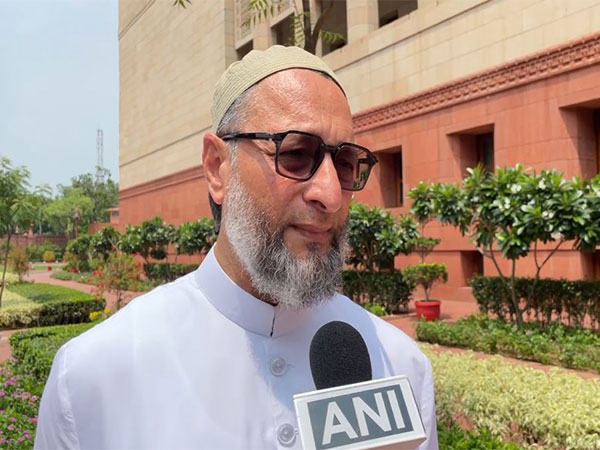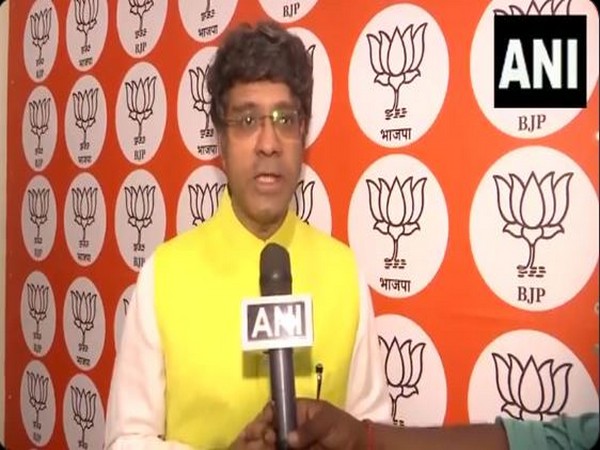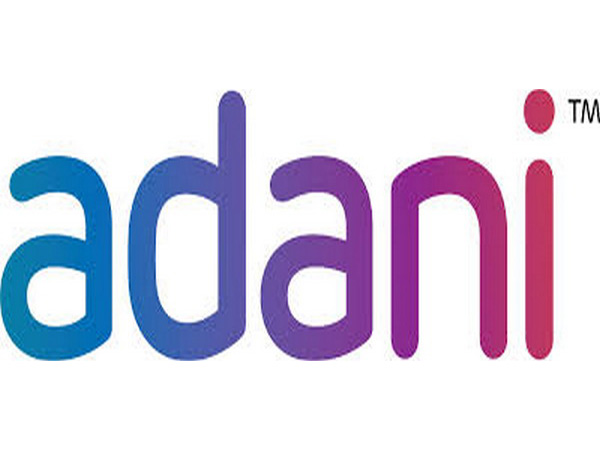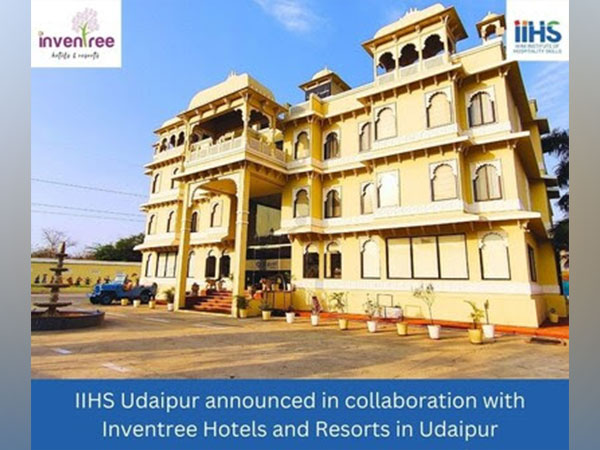Jerusalem [Israel], October 23 (ANI/TPS): Israeli and US scientists have discovered how tiny gateways in human cells control what enters and leaves the cell’s nucleus, solving a mystery that has puzzled researchers and could shed new light on cancer, Alzheimer’s, and ALS, Hebrew University of Jerusalem announced.
An international team from Hebrew University of Jerusalem, the Quantitative Biosciences Institute (QBI) at the University of California, San Francisco, The Rockefeller University, and Albert Einstein College of Medicine found that these gateways use a flexible protein network and special molecular “passports” to move molecules quickly and accurately.
The gateways, called nuclear pore complexes (NPCs), are microscopic structures — each about one five-hundredth the width of a human hair — that control all traffic in and out of a cell’s nucleus.
“Our model acts like a ‘virtual microscope’ for something too small and too fast to watch directly with any of today’s technologies. By stitching together many independent experiments and running computer simulations, we can finally watch on the computer how this gate operates moment to moment,” the study’s lead author, Dr Barak Raveh of Hebrew University, told The Press Service of Israel.
Raveh explained, “Think of NPCs as tiny, highly sophisticated security checkpoints. Even though each one is extremely small, it lets millions of molecules pass every minute while keeping out the wrong ones, with remarkable precision.”
For decades, scientists did not understand how NPCs could be both fast and selective. Their small size makes them almost impossible to observe directly. Previous models imagined rigid gates or sponge-like sieves, but they could not explain how NPCs let even large molecules through while remaining highly selective.
The new model combines experimental data and computer simulations to show what happens at the molecular level in milliseconds. Inside the NPC is a dense, constantly moving “forest” of protein chains called FG repeats. These chains create a crowded environment that naturally blocks unescorted molecules while letting smaller ones pass.
Large cargo molecules can still pass if they are accompanied by nuclear transport receptors–molecular “passports” that interact briefly with the FG chains to guide their cargo through.
“Because these FG repeat chains are always in motion, they create a crowded, restless environment,” said Professor Michael Rout of The Rockefeller University. “The transport works like a constantly shifting dance across a bridge. Only those carrying the right partners–the receptors–can move through. Without them, others are turned back.”
The model solves a long-standing puzzle: how NPCs allow huge molecular complexes through while keeping out smaller ones. “Our model provides the first clear explanation for how NPCs achieve this remarkable selectivity,” said Professor Andrej Sali of QBI at UCSF. “It opens new possibilities for medicine and biotechnology.”
Professor David Cowburn of Albert Einstein College of Medicine said the findings have “immediate implications for understanding diseases where nuclear transport malfunctions, including ALS, Alzheimer’s, and cancers.”
The discovery could also have practical applications. Scientists may use this knowledge to design drugs that control molecular traffic in cells or create synthetic nanopores that mimic NPCs, delivering treatments directly to the nucleus. Such systems could also improve laboratory tests and devices used to detect or analyze molecules with high precision.
The model accurately predicted previously unseen transport behaviors and showed that transient interactions between receptors and FG chains make the system highly efficient. Its built-in redundancy ensures that NPCs remain reliable even under stress, helping explain why this system has been so successful in evolution.
The findings were published in the peer-reviewed Proceedings of the National Academy of Sciences (PNAS). (ANI/TPS)
Disclaimer: This story is auto-generated from a syndicated feed of ANI; only the image & headline may have been reworked by News Services Division of World News Network Inc Ltd and Palghar News and Pune News and World News
HINDI, MARATHI, GUJARATI, TAMIL, TELUGU, BENGALI, KANNADA, ORIYA, PUNJABI, URDU, MALAYALAM
For more details and packages



















